What do you want to be when you grow up?
Where are you going to college?
What do you want to do after college?
My dual enrollment class had it’s final day. While my students have another year before graduating, I am seeing “Class of 2024” signs popping up in my neighbors’ yards and pictures of students in their robes and caps on social media.
I’m reminded of all of the questioning that starts when we’re young. Like when we collect caterpillars and people wonder if we’ll be an entomologist. Or when we graduate kindergarten and say we want to be police officers, dancers, or movie stars. I, being influenced by Disney, of course thought singing, dancing, and acting were the most enviable careers.
Then we get older, and maybe we start being more realistic. We think about what pays most. We’re told that college prepares us for the best-paying jobs.
Choosing a college and a major become not only practical but an identity crisis.
Most of all, we worry about making the wrong choice. We don’t want to waste the next four years studying something that we’ll never use again. And of course there’s pressure about scholarships and tuition. Should we take two years at a community college before deciding on a degree or go to the private Christian school to have the “full college experience” and meet our future spouse?
The pressure to make these choices felt enormous to me. Not because of my parents or anyone else, but because it just felt so important.
I still worry about every decision I make, but at least with post-graduation decisions, I have some perspective.
While you may not be about to graduate high school, maybe you know someone who is that needs to hear this. Or maybe you have your own big decisions to make, and some of this may apply to you!
So here’s what I wish I had known when I graduated high school
1. There’s no rush to go to college or to choose a major
While we may feel pressured to go to college right after high school, gap years can be beneficial, too. You can get a job and take more time to think about what you want. You may decide that college isn’t for you, and that’s a good thing to know before spending money on it.
I had a student once who told me that he really wanted to work on cars but that his parents wanted him to be in college. I think there’s still an assumption that college degrees equal more pay, but that student probably would have been better off not going into debt for a degree he didn’t want that probably wouldn’t have paid more than what he really wanted to do.
If you do want to go to college because your what you want to do depends on it, or because you want the college experience, there are some benefits to going straight to college depending on your goals. For me, part of wanting to go to college was to have a traditional college experience, which meant joining the first-year class with people my age. But most courses you take will have mixed ages anyway, and not everyone needs to jump right in.
It also turned out to be healthy for me socially and mentally because of my personal need to get out of my bubble. I also knew pretty clearly that I wanted to be an English Major, but I had to take some general education courses in English anyway, so I had time during the first year to decide if that’s what I really wanted.
If you do start college the same year you graduate high school, you don’t have to rush to choose a major. Many of my first-year students don’t have majors. Instead, they focus on general education classes that they have to take anyway.
2. No decision is final
If you do choose a major straight away, you don’t have to keep it. I know many people who switched majors multiple times.
Something I have to remind myself of is that few things are actually a waste of time. If you took a major class and decided to change majors, at least that class taught you what you didn’t want, and you probably still learned valuable skills in the process.
This also applies to after you earn a degree, too. My husband not only changed his major from nursing to English, but he also later went to software school (after working in the mortgage industry for several years) and now works as a software developer.
What you do after college may surprise you. Maybe you’re able to be a stay-at-home mom who does a few things on the side. Maybe you start a business. Maybe you start a job out of college just to get experience and find yourself moving in a completely different direction than you expected.
Even then, something might spark a new passion in you that brings you back to school or into training for a different position. I teach adults all the time who decided to go back to school to do something different. Even my dad (Hi Dad) was a music education major who ended up working in music business instead and now teaches business and entrepreneurship. I don’t think he or my husband or my students would have been able to project that far out when they graduated high school.
3. Who you become matters more than what you do
When I decided to earn my masters in creative writing, I didn’t want to be a teacher, but the program required a graduate assistantship. So I took the pedagogy courses, tutored for two semesters, and taught four composition courses.
At the time, I didn’t know if I would ever teach again. But I did feel that the experience helped me grow in countless ways that applied to my life even outside of teaching. I’m more comfortable talking in front of people. I stress less about deadlines, appointments, and other social priorities. I am more empathetic. I am a better writer. Etcetera.
I teach now, but even if I didn’t, that wouldn’t have been a waste of time because it helped me become who I am today.
The Christian university I went to for my undergrad strongly emphasized the importance of character. I think we make the mistake of thinking that universities just teach us knowledge. But I could learn most things on the internet. The purpose of going to a university is rather to learn to learn and to practice valuable skills such as critical thinking, judgement, research, leadership, communication, and more.
So when you’re making these big decisions, I would argue that, instead of focusing on what you will do, focus on who you want to be. What direction would help you grow towards that?
Is it side-stepping college altogether to intern at a car maintenance center? Is it taking whatever job you can for now while you wait a year or two to figure things out? Is it going to the private school where you can focus on become a well-rounded person of character? Is it taking a year or two at a public school to figure things out?
Whichever route you choose, you can always change your mind later.
You may be pressured and judged now, but this is your decision.
4. God may not tell you what to do
This may be the most controversial one, but this was important for me to learn. As a Christian, I wanted what God wanted, but I didn’t always know what that was. I would pray about what school to go to, but I never heard a clear reply.
Some people would say they just knew that this school was where God wanted them, and that they knew that this career was the one.
Lucky them!
I have very rarely felt this kind of direct guidance from God.
I think that, for most of us, the important thing is to walk with the Holy Spirit and to know what God desires for all of us. Then we pray, we listen, we wait patiently.
God may not speak directly, but if the direction we want to go doesn’t contradict God’s desires, then I believe we can go knowing God is with us and will direct us. In my experience, it’s easier to know what God doesn’t want than to distinguish between multiple good options.
If all of the options are good and can bring glory to God, then it may be that God has opened those doors for you to choose for yourself. (I have written more about this in my post, “Are we too interested in God’s plan to recognize His presence?”)
Take the pressure off. Breathe. This decision won’t determine your whole future. Just trust the Holy Spirit and make the best decision that you can.
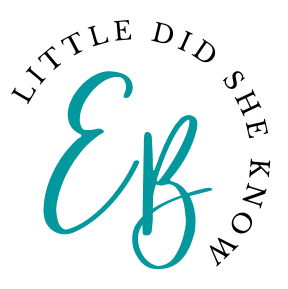





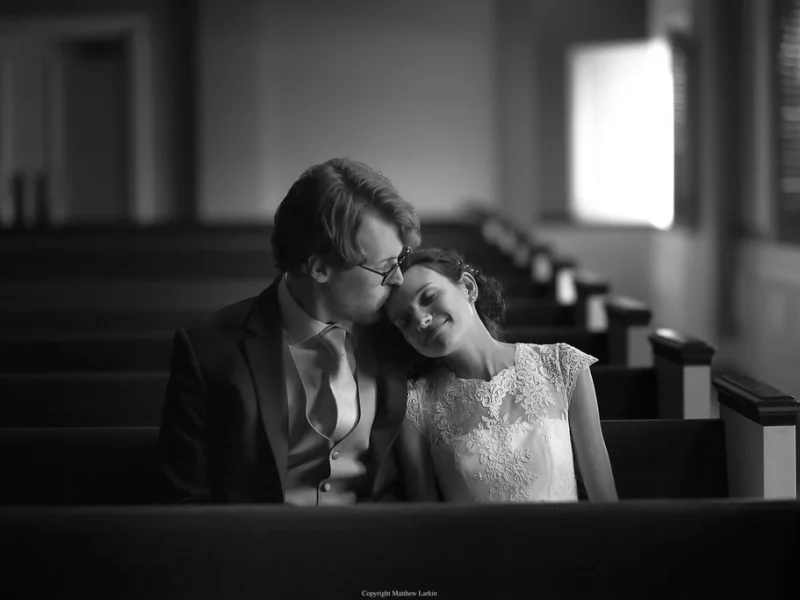
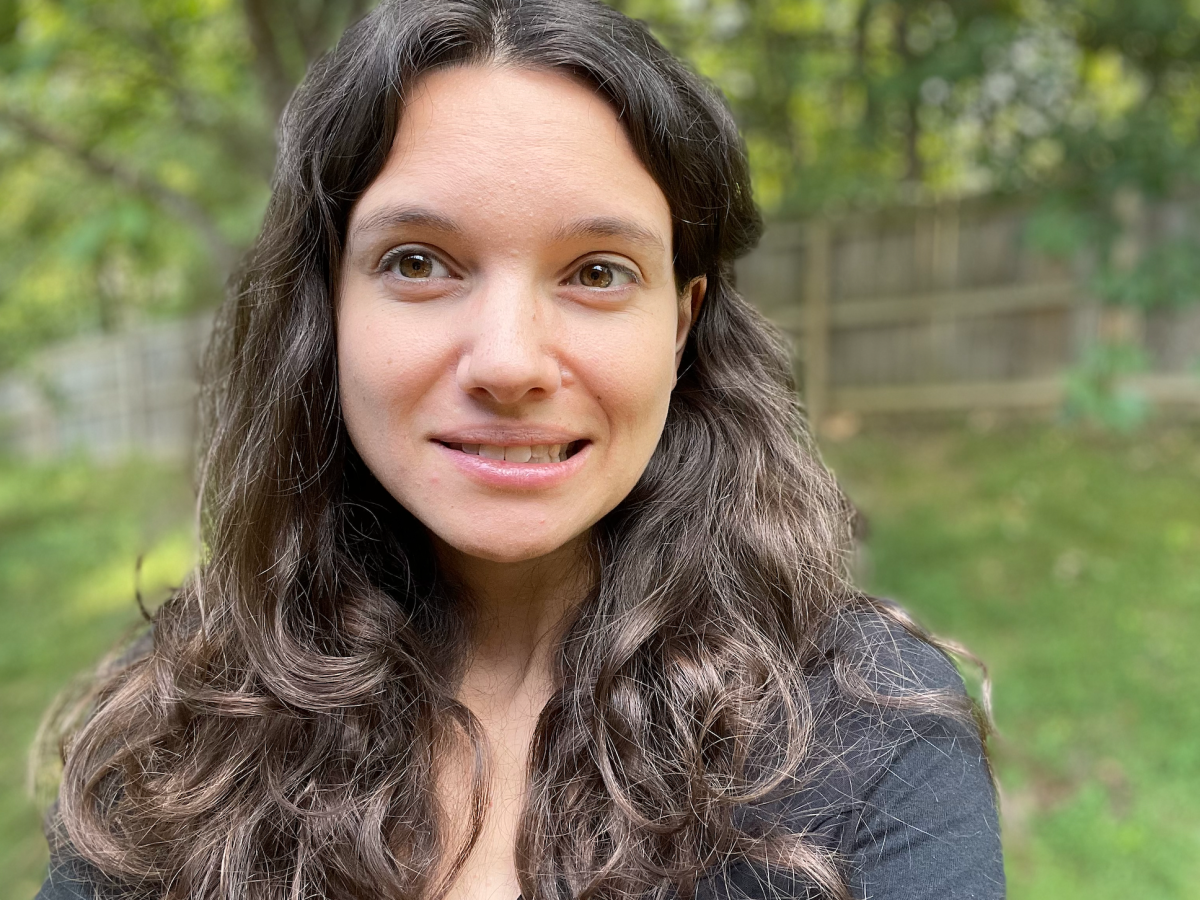

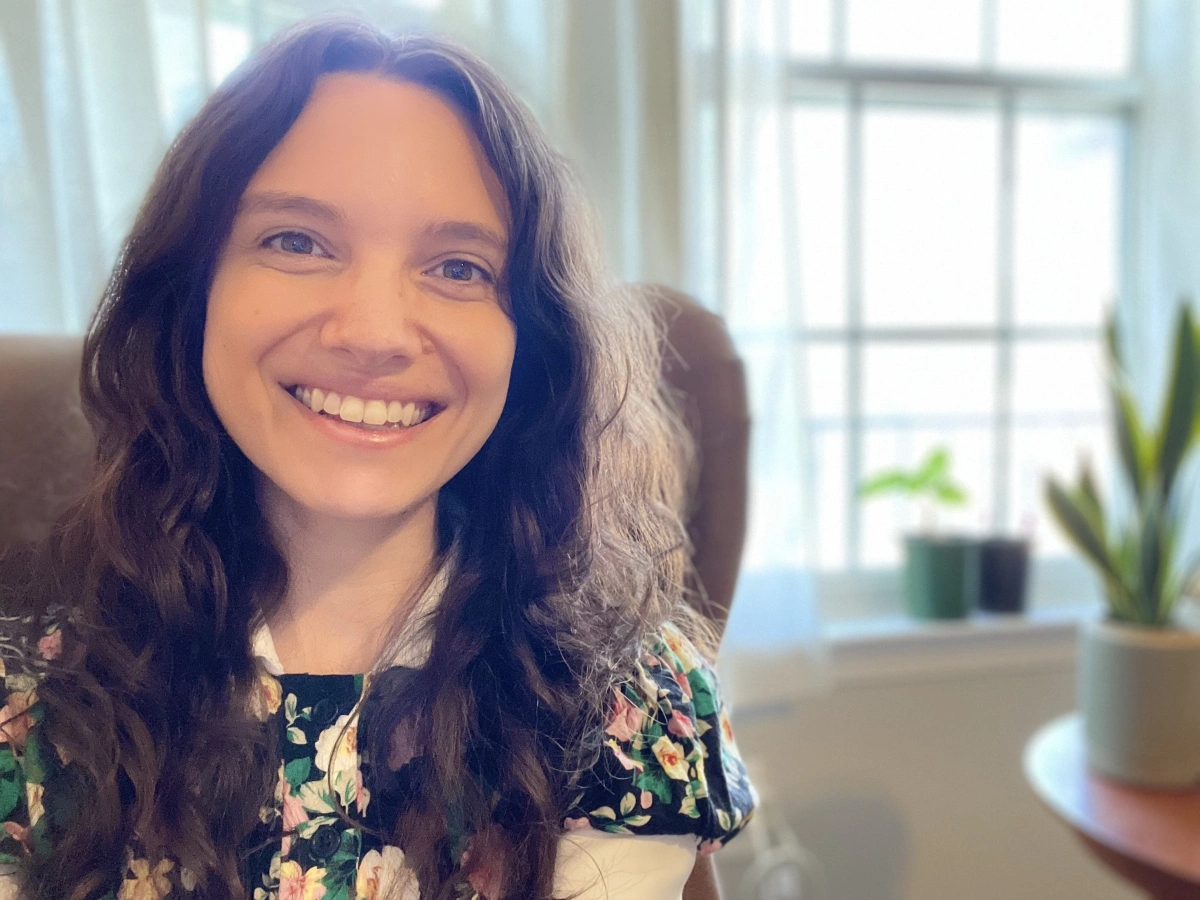
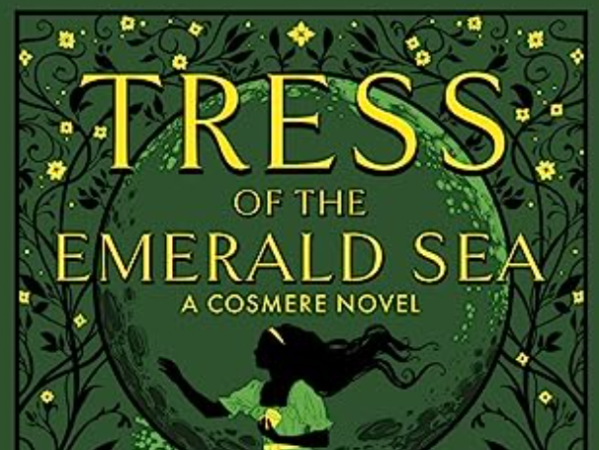

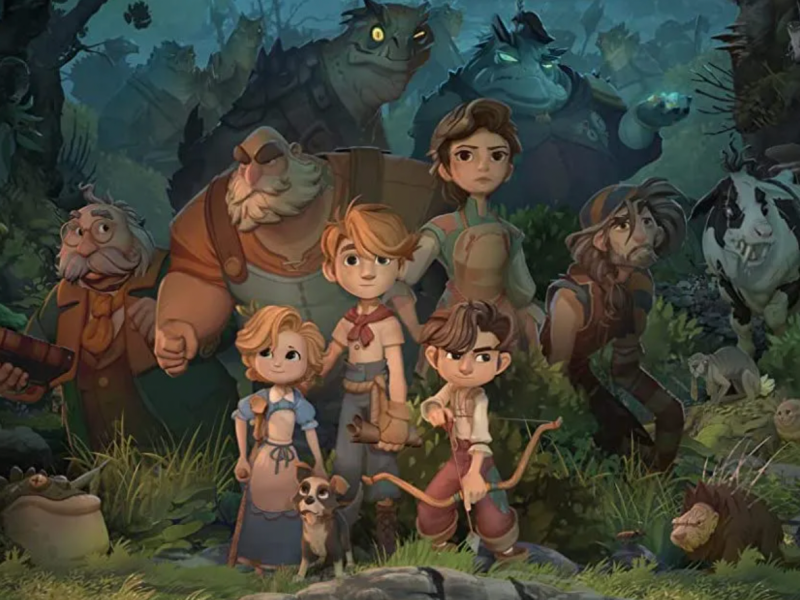

Leave a comment